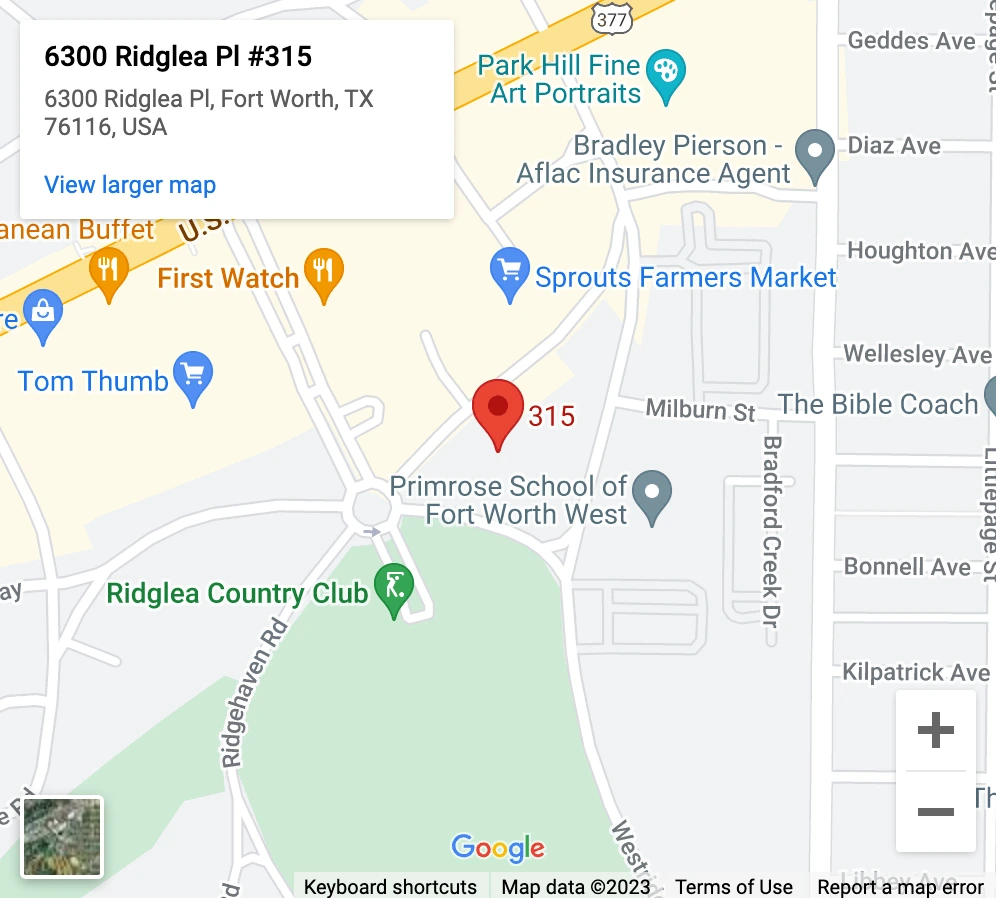Whether you’re guilty or innocent, you can be arrested without warning. The police may appear, and within moments, your hands are being cuffed behind your back and you’re being led to a police cruiser. Knowing your rights in this situation can affect you for a very long time. The police may or may not read you your Miranda rights, but you should know what they are in case you’re ever in this situation:
- You have the right to remain silent.
- Anything you say can be used against you in a court of law.
- You have the right to consult with a lawyer and have that lawyer present during any questioning.
- If you cannot afford a lawyer, one will be appointed for you if you desire.
- If you choose to talk to the police, you have the right to stop the interview at any time.
If you get arrested by the police, it is in your top interest to be aware of what you can do to protect yourself by exercising your rights. Trying to give the police an explanation that you think will diffuse the situation may just get you into deeper trouble. Sometimes, refusing to talk to the police is in your top interest and can mean the difference between your freedom and jail time. Your words can be used against you in a criminal proceeding, and the police will try to get you to divulge information any way they can.
Do the Police Have to Read Me My Rights?
The courts use a two-pronged test to determine whether or not the police are required to read you your Miranda Warnings:
- Were you in custody? In other words, could you leave if you wanted to and was that clear to you?
- Did the police ask you questions while you were in custody?
If the police detain you, they must read you your Miranda rights if they want to ask you questions and have your answers be viable for their case. However, if a police officer just wants to have a conversation with you, they don’t have to read you your rights—as long as you’re free to leave. Otherwise, if the police start questioning you and haven’t read you your rights, they cannot use your answers as direct evidence against you and any answers that you offer are fruits of the poisonous tree. There are times when suspects just blurt out information without being asked a specific question. This is known as a spontaneous utterance and it is admissible, even in the absence of the Miranda warning. Detention does not necessarily mean arrest. It just means that you are not free to leave, so it can occur on the street, in your car, or even in your own home.
Can Police Question Me at a Roadblock?
Yes, they usually can. As long as the police use neutral tactics when stopping cars, such as stopping all vehicles or using a predetermined pattern to stop a portion of the cars. The police cannot specifically single you out unless they have an independent reason to believe you’ve broken the law. There are a number of rules governing roadblocks, but it’s sufficient to know that they do not have to read you your Miranda rights unless they remove you from traffic or detain you outside of the normal business of the roadblock. However, if the police have legitimate probable cause, they can take you into custody and your Miranda rights apply.
Talk to a Lawyer, Not the Police Officers
A lot of people get nervous around law enforcement because the situations are often intimidating and beyond our control. Sometimes, innocently saying the wrong thing to an officer on a stop can arouse suspicions or incriminate you. Your statement might contain inconsistencies that the prosecution can use later in court. Whether you are guilty or not, it is always in your top interest to let officers know you are going to wait for a lawyer before speaking with them. It will give you time to calm down, collect your thoughts, and get advice from a qualified legal expert.
How Important is It to Remain Silent?
If you are arrested, you should invoke your right to remain silent until you have an opportunity to talk to a Fort Worth criminal defense attorney. Let your interrogator know that you will not answer questions without a lawyer. Simply keeping your mouth shut does not stop the police from questioning you, and you may eventually say something that you may regret later. There is no exact script for invoking your rights, but you can say something like:
- “I want to talk to an attorney.”
- “I am claiming my Miranda rights.”
- “I refuse to speak with you.”
If you are clear and precise in your intention to remain silent, as well as non-confrontational and cooperative with any officers, the police interrogation and possible arrest may ultimately be nothing more than an uncomfortable experience with little long-term impact.
Contact a Fort Worth Criminal Defense Lawyer
You may never be stopped or questioned by the police in Fort Worth, but if you ever are:
- Know your rights
- Respectfully refuse to answer questions
- Contact a Fort Worth criminal defense lawyer like the attorneys you’ll find at Cole Paschall Law.
If you follow these three pieces of advice, you’ll give yourself the top possible odds of beating your charges and getting your life back. Call today.




